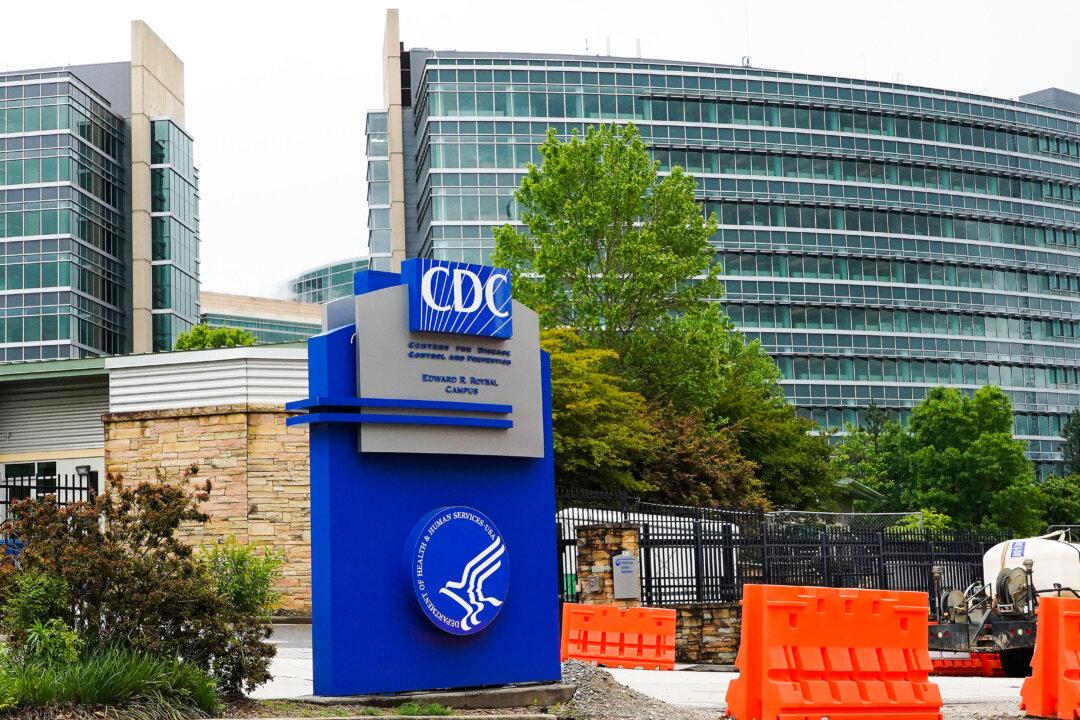Dr. Robert Redfield, former head of the Centers for Disease Control and Prevention (CDC), said that federal officials’ fears of an open debate about COVID-19 vaccines likely led to widespread public hesitancy to get the shots.
Speaking to Fox News this week, the former CDC director under the Trump administration made reference to a recent court ruling that found that the Biden administration violated the First Amendment in attempting to pressure social media firms to block content regarding COVID-19, including vaccines. Attorneys general in Missouri and Louisiana had filed a lawsuit that accused the administration of allegedly threatening Facebook, Twitter, and others with antitrust lawsuits or other legal changes targeting their liability.





